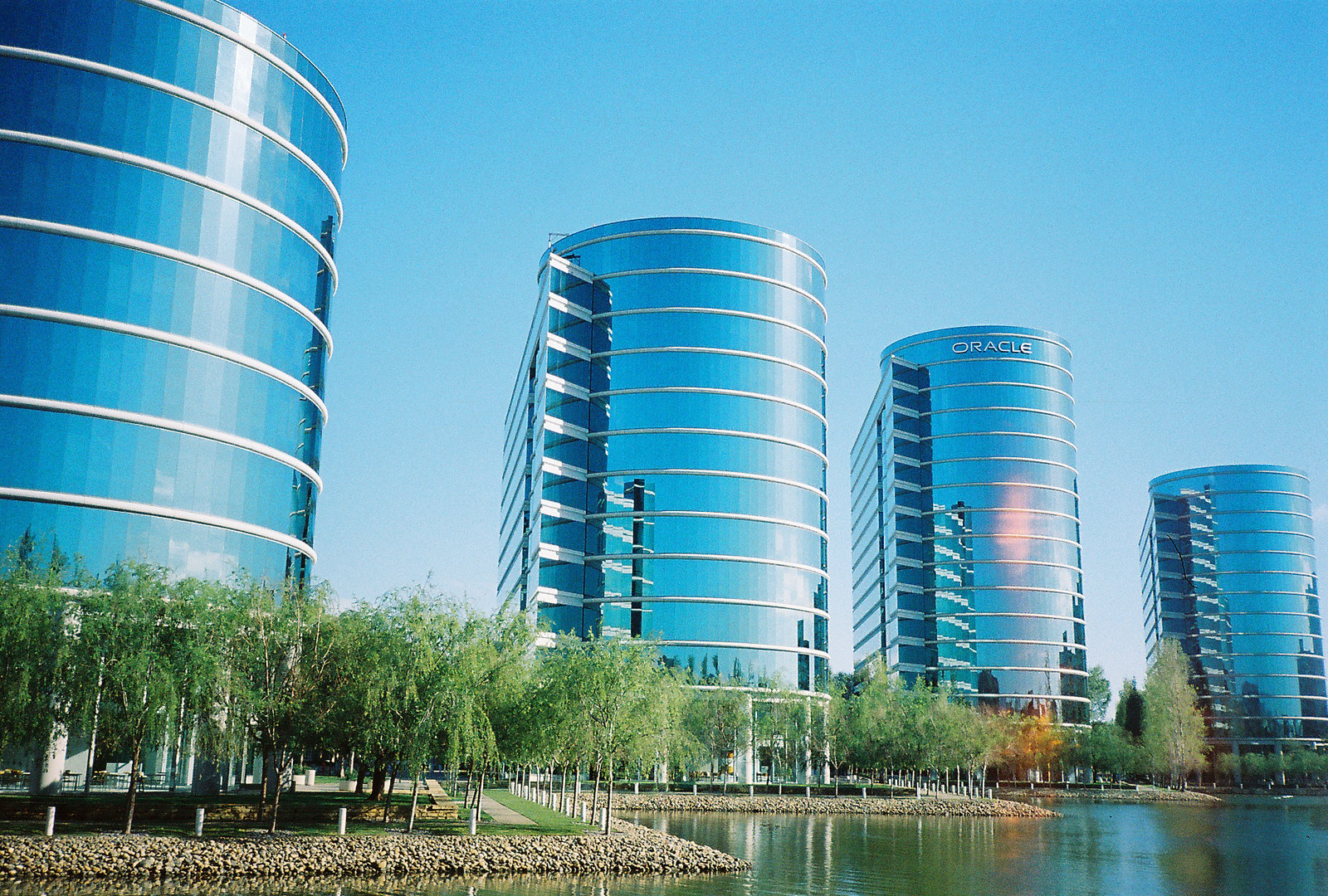 CLOUD
CLOUD
 CLOUD
CLOUD
 CLOUD
CLOUD
Oracle today announced a broad set of updates to its Fusion Cloud enterprise software suite, highlighted by the addition of digital assistants and expanded machine learning capability.
In a nod to the impact of the global COVID-19 pandemic, Oracle said a principal focus of the enhancements is on enabling “touchless” commerce by automating processes that currently require manual intervention.
Oracle says more than 7,300 organizations now use its enterprise resource planning software and that sales have grown by one-third over the past year. It attributes that growth in part to a decade-long project to completely rebuild a portfolio of acquired applications around a common data model.
Despite the economic slowdown the health crisis has caused, said Juergen Lindner, global marketing head for software-as-a-service products at Oracle, “we haven’t seen a slowdown at all in our engagements with customers. Implementations haven’t slowed down and might have accelerated a bit.”
Pandemic-driven factors such as surges in demand for some services have helped drive demand from customers that include DHL and Icon Health & Fitness Inc., he said, while other customers such as Baylor University and Mount Sinai Health System have accelerated cloud migrations to deal with pandemic-related operational changes and the need to automate tasks currently done by humans.
That has guided some of the database giant’s decisions about how to embellish its applications. “McKinsey says 89% of the finance function can be automated,” Lindner said. “We buy into that.”
Digital assistants provide conversational answers to natural language questions in the context of the application being used. “They can manifest in multiple forms,” Lindner said. Off-the-shelf assistants like Siri and Cortana “don’t learn the context of the enterprise. Our digital assistant leverages machine learning features to learn from the processes you have.”
For example, enterprise resource planning assistants can predict project time entry, simplify expense reporting and reconcile month-end processes for project professionals. The expense-reporting assistant can parse a photo of a receipt from an expense report and flag it for a follow-up question about the amount. And the logistics digital assistant provides real-time supply chain information through a conversational interface and permits users to access order status and shipment tracking remotely without having to navigate through the transportation management application.
Improvements to Fusion Cloud ERP and Fusion Cloud Enterprise Performance Management include intelligent process automation to improve financial closes and account reconciliation with configurable and intelligent rules to recognize and handle patterns. Machine learning is also used to predict and input code segments for invoices not associated with purchase orders, cutting down on invoice processing times.
Regulatory reports such as 10-K and 10-Q forms can be automatically tagged using the customer’s SEC Extensible Business Reporting Language taxonomy. XBRL is a freely available global framework for exchanging business information. Intelligent performance management uncovers correlations that may not be obvious to human operators. Planning and budgeting can now be linked to project management to improve execution of strategic corporate plans.
Oracle’s Supply Chain & Manufacturing application is getting a boost as well, with improved collaboration across supply networks, proactive asset management and long-term planning capabilities. Machine learning capabilities embedded within supply chain planning display recommendations that optimize new product introduction and enable customers to respond to current and anticipated production disruptions.
In addition, field service operations have new preventive service flows and multi-tier supply chain collaboration features that can synchronize upstream supply information such as on-hand balances and work order details from multiple tiers of external organizations. New channel revenue management capabilities streamline trade programs by enabling organizations to create and resolve claims for deductions and over-payments. Integration with external systems has been enhanced with the use of new and modified representational state transfer or REST application programming interfaces.
Oracle Human Capital Management is getting what the company calls “personalized employee journeys” that help employees navigate complex personal and professional situations such as managing mental wellness or returning to the workplace. An internal jobs marketplace makes it easier for people to find short-term projects and internal job postings as well as for managers to find gig workers.
Payroll partners can now access up-to-the-minute pay data directly through Oracle Cloud HCM. Unified access to payroll information reduces the need for human resources professionals to go back and forth between software to pull necessary employee payroll information. Employees can now also be paid for time worked in advance of their pay cycle. A “diversity dashboard” within HCM Analytics tracks more than 50 performance indicators related to diversity.
Finally, updates to the Oracle Unity integrated customer data platform help brands predict and personalize customer interactions and reduce customer blind spots by unifying disparate advertising and marketing technology data. The software brings together online, offline, back-office and third-party customer data sources and applies built-in machine learning to prescribe optimal experiences.
Unity now supports a business-to-business data schema with accounts, contacts and integration with the Oracle Eloqua marketing automation platform. It also includes real-time behavioral data collection and personalization capabilities from Oracle Infinity web analytics software, enabling organizations to apply machine learning to customer behavioral data for personalized digital experiences.
Support our mission to keep content open and free by engaging with theCUBE community. Join theCUBE’s Alumni Trust Network, where technology leaders connect, share intelligence and create opportunities.
Founded by tech visionaries John Furrier and Dave Vellante, SiliconANGLE Media has built a dynamic ecosystem of industry-leading digital media brands that reach 15+ million elite tech professionals. Our new proprietary theCUBE AI Video Cloud is breaking ground in audience interaction, leveraging theCUBEai.com neural network to help technology companies make data-driven decisions and stay at the forefront of industry conversations.